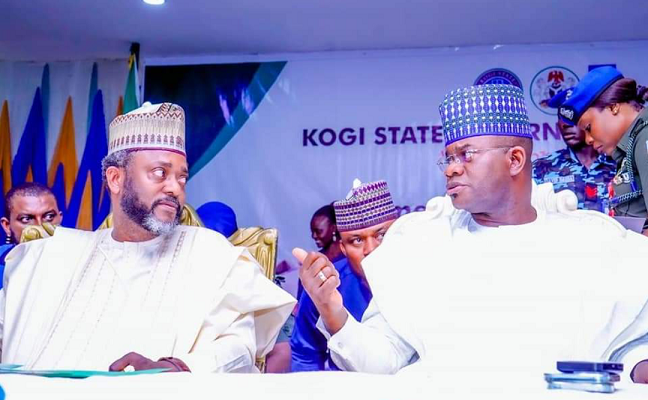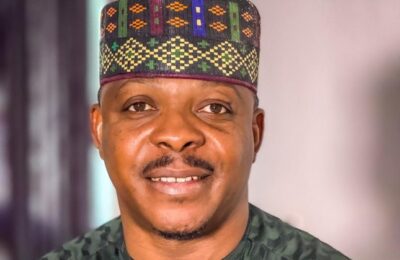There was a time in Kogi politics when one Uncle from the East cast a shadow that loomed larger than institutions. To us, he was Uncle. To the system, he was Chief of Staff, then Deputy Governor. But in truth, Uncle was more than titles — he was omnipresent, omniscient, and often omnipotent. He was everywhere, knew everything, and acted as though power itself flowed through him.
As Chief of Staff to the White Lion, Uncle was the unseen governor — the man behind the curtains, the hand behind the signature, the voice in the whisper. His office was the convergence point of power, patronage, and punishment. If the White Lion was the face, Uncle was the heartbeat. Decisions did not just pass through him; they began and ended with him.
He was the strategist, the enforcer, and the confidant. In those years, Uncle could summon, dismiss, promote, or crush, and his reach extended from the inner sanctums of Government House to the dusty roads of our villages. To be in his good books was a passport to opportunity; to offend him was a direct invitation to political or personal ruin.
When he rose to become Deputy Governor, many expected him to step into a ceremonial role. But Uncle was never one for ceremonies. He carried the aura of a man who already ruled, and his seat only gave him legitimacy to do what he had always done: govern by proxy.
He was the de facto governor — making moves, silencing dissent, and showing his boss that loyalty was best measured in the currency of control. In the political chessboard of Kogi, he was not a pawn, nor merely a bishop. He was both the knight and the queen, executing moves others could not see coming.
But Uncle’s potency was not without its shadows. To prove himself indispensable, he orchestrated the persecution of his own kinsmen. It was not enough to serve power; he had to demonstrate his ability to crush opposition, even when opposition wore familiar faces.
He supervised the incarceration of those who dared to raise their voices — Comrade Austin Okai, Comrade Johnson Musa, and even myself. We were not jailed for crimes of theft or violence, but for daring to exist outside his script, for daring to remind him that power was not permanent. In those cells, the message was clear: Uncle was power, and we were merely subjects. 😜😜
And yet, to some, Uncle was a savior. He was the patron who built houses for them, facilitated political appointments, the benefactor who lifted allies, and the bridge between the governor and the governed. His charisma made him larger than life, his loyalty to the White Lion made him indispensable, and his fearlessness made him unforgettable.
But for those of us who felt the weight of his wrath, Uncle was not just a politician. He was the embodiment of a system that prizes control over consensus, punishment over dialogue, and loyalty over justice.
Now that Uncle is out of power, the myth is easier to examine. He was not invincible. He was not eternal. I remember in 2016, I told Uncle on one Kogi political WhatsApp platform that the difference between us and him was time — and indeed, the time came to pass. His story is a lesson in how individuals bend institutions to their will, and how power, once acquired, demands constant proof of potency.
When Uncle was in power, he was everything. He was everywhere. He was everyone. But power, no matter how absolute it seems, is always borrowed — and one day, the lender comes to collect.
And when the dust settles, one truth remains: relevance is not a decree. Relevance is earned. You don’t demand for it.
– Habib Omachile Rabbiu




